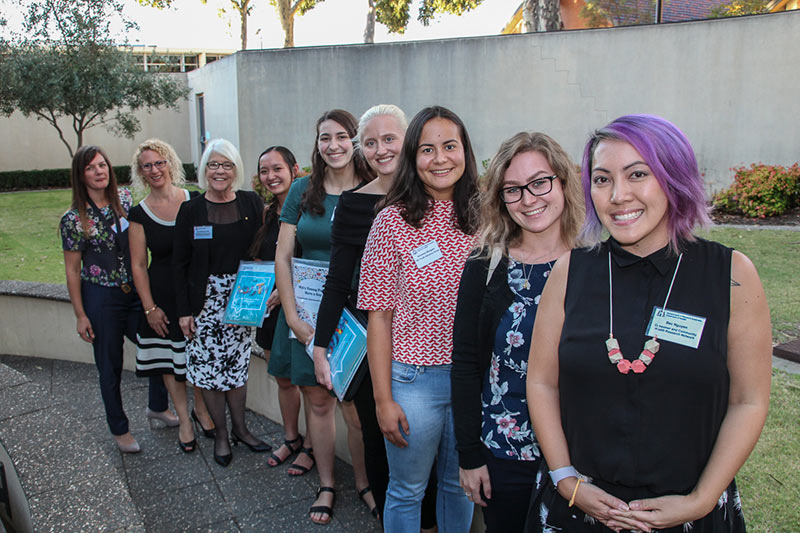Search
Research
Best practice when working with suicidal behaviour and self-harm in primary care: a qualitative exploration of young people's perspectivesGeneral practitioners (GPs) have a key role in supporting young people who present with suicidal behaviour/self-harm. However, little is known about young people's opinions and experiences related to GPs' practices for such presentations, and their decisions to disclose suicidal behaviour/self-harm to GPs. Additionally, existing guidelines for the management of suicide risk and/or self-harm have not incorporated young people's perspectives. This study aimed to explore young people's views and experiences related to the identification, assessment and care of suicidal behaviour and self-harm in primary care settings with GPs.
Research
Associations of maternal and paternal mental health problems with offspring anxiety at age 20 years: Findings from a population-based prospective cohort studyEpidemiological studies indicate that children of parents with mental health problems are at an increased risk of developing anxiety disorders. Few studies have investigated this relationship in young adults. Participants were from the Raine Study, which is a multi-generational birth cohort study in Australia. Maternal anxiety and depression in late childhood were assessed using the Depression, Anxiety, and Stress Scale (DASS-42), and paternal lifetime mental health problems were assessed using a self-reported questionnaire.
Research
Systematic Review and Meta-analysis: Mental Health in ChildrenThe behavioral phenotype of neurogenetic disorders associated with intellectual disability often includes psychiatric comorbidity. The objectives of this systematic review and meta-analysis were to systematically review the prevalence of psychiatric disorders and symptoms in children and adolescents
Research
Social environmental risk factors for transition to psychosis in an Ultra-High Risk population.Despite social environmental factors such as deprivation, urbanicity, migration and adversity being established risk factors for psychotic disorders...
Research
Psychosocial moderators of associations between life events and changes in physical activity after leaving high schoolThis study examines the associations between life events & changes in leisure-time physical activity after leaving high school in young people from rural...
Research
Low intake of B-vitamins is associated with poor adolescent mental health and behaviourThe current prevalence of mental health problems in Western populations is approximately 20% and half of all adult mental health disorders are estimated to...
Research
Can joined-up data lead to joined-up thinking? The Western Australian Developmental Pathways ProjectModern societies are challenged by "wicked problems" - by definition, those that are difficult to define, multi-casual and hard to treat.
Research
Dietary patterns and markers for the metabolic syndrome in Australian adolescentsOverweight and other risk factors for cardiovascular disease (CVD) as well as their clustering, are increasingly prevalent among adolescents.

News & Events
Parent of a year 7 student? NOW is the best time to talk to your child about drinking alcoholSenior Research Officer from The Kids Research Institute Australia’s Human Development and Community Wellbeing team, Robyn Johnston, says now is actually a good time to start talking to them about alcohol - before they transition to the teenage years.

News & Events
The Kids welcomes new WA youth health policyThe Kids welcomes the launch of WA’s first policy on youth health which will give young people a voice in the planning of health services that affect them.
